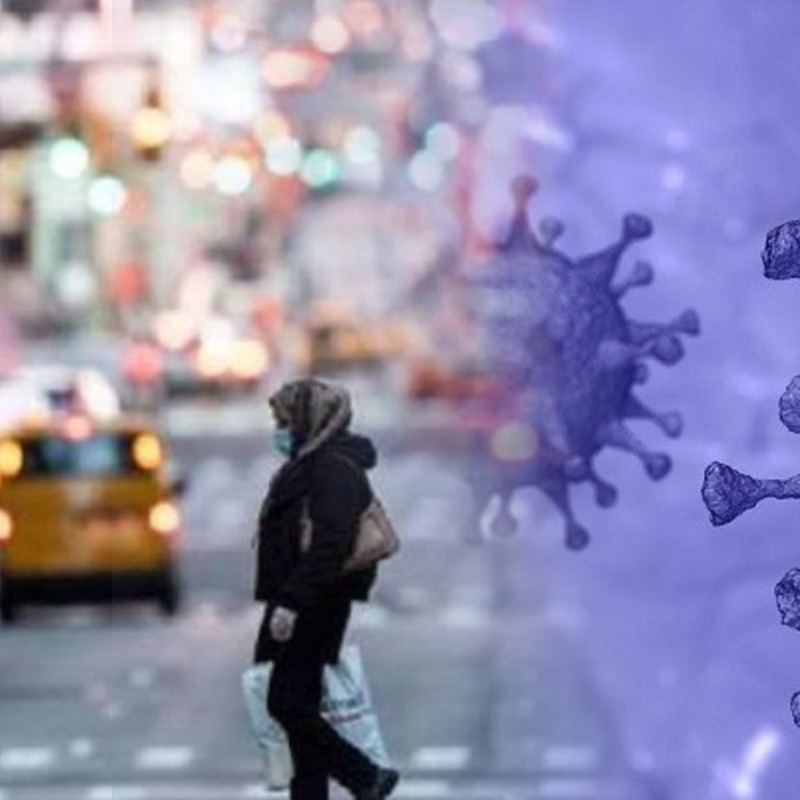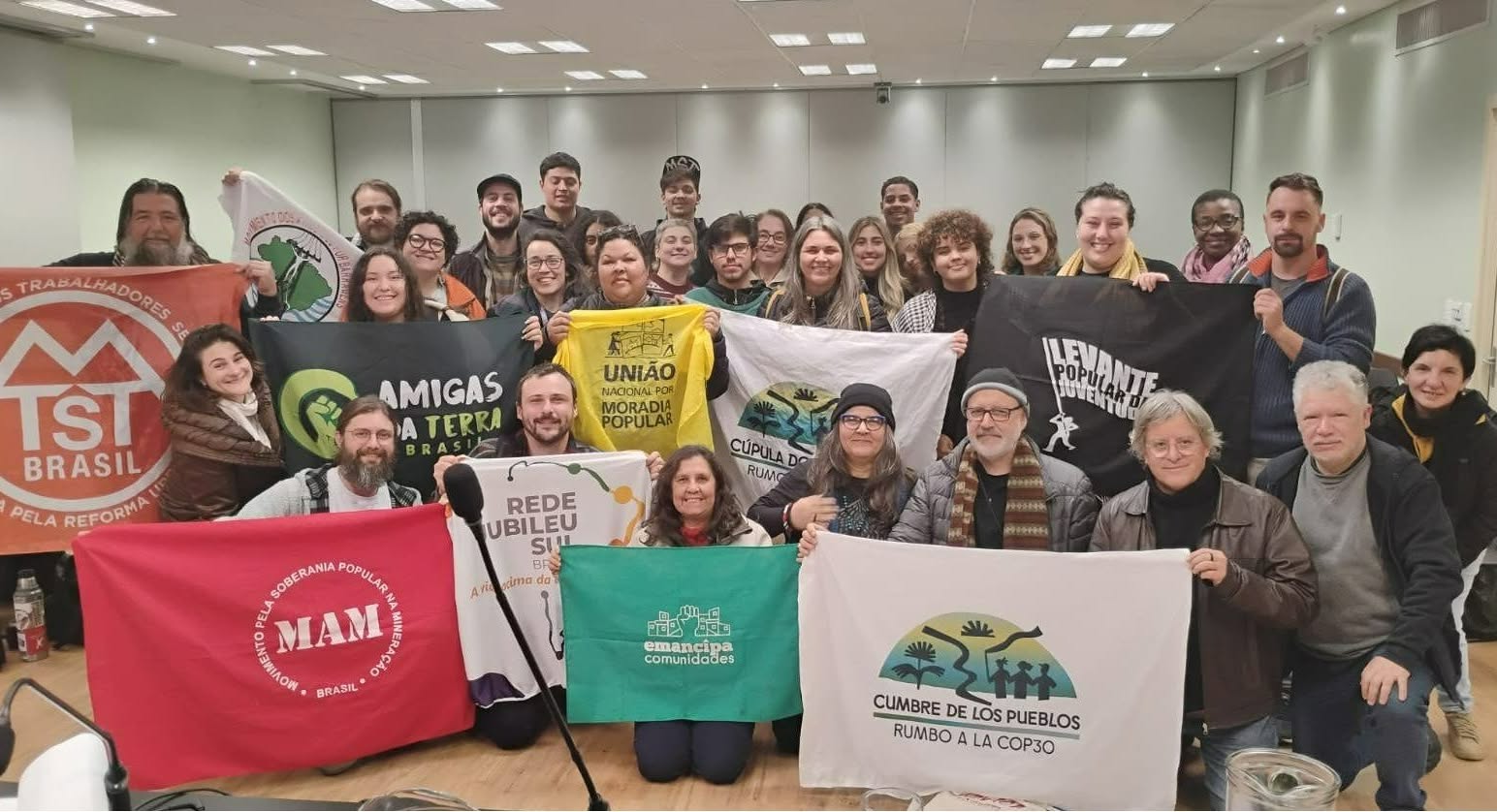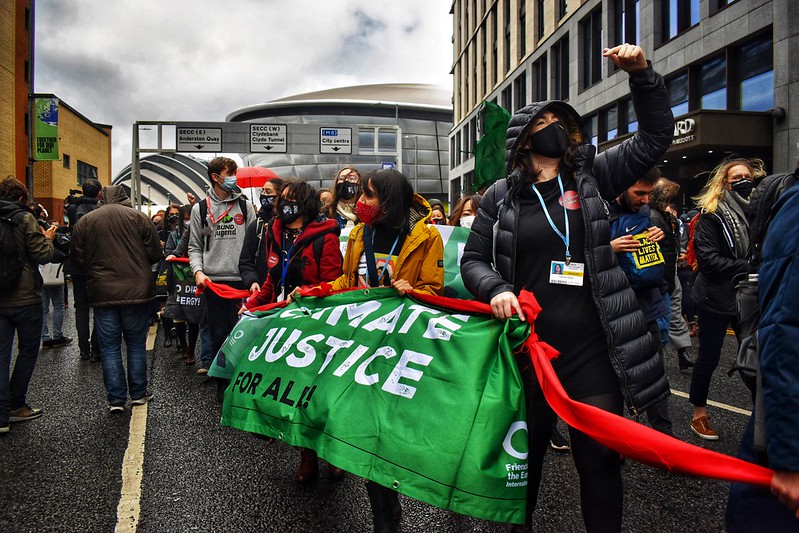ENVIRONMENTAL REFLECTIONS IN TIMES OF QUARANTINE (PART 1)*
By CENSAT Agua Viva - Friends of the Earth Colombia**
 CENSAT Agua Viva - Friends of the Earth Colombia
CENSAT Agua Viva - Friends of the Earth Colombia
The current COVID-19 pandemic is a symptom of the environmental imbalances that have resulted from treating nature as a commodity. We could argue that the impact of the pandemic would not have reached this magnitude if it weren’t for decades of neoliberalism, which has privileged business over lives: promoting agribusiness and extractivism, cutting down forests, and destroying vital water ecosystems.
First of all, let’s start by looking at the ample body of evidence that links the root causes of the pandemic with the environmental destruction of ecosystems and biodiversity. This evidence clearly points to the relationship between zoonotic diseases (those that are transmitted between animals and humans, for instance through viruses, insects, bacteria or fungi) and the way in which humans disrupt and alter the biological flows and functions of nature. Sharing the views of renowned Latin American environmentalist Silvia Ribeiro, there are three concurrent and complementary causes of all infectious viruses, which are deeply connected with deforestation and the destruction or alteration of habitats: 1) intensive and extensive farming of animals, with excessive use of antibiotics for their breeding, especially chicken, turkey, swine and cows; 2) monoculture plantations, which are the product of chemical and industrial agriculture; and 3) unrestrained growth in urban centers and the industries that maintain them.
According to the UNEP report “Frontiers: Emerging issues of environmental concern”, the degradation of habitats can trigger accelerated evolutionary processes and diversify diseases. In degraded habitats, pathogens find favorable conditions for easy spreading, such as overcrowding and interaction among animals, illegal trafficking of species, increased insect populations, and encroachment by urban settlements. In this sense, the less biodiversity there is, the more diversity of zoonotic diseases. For example, it is well known that dams increase outbreaks of leishmaniasis disease, as extensive deforestation and stagnant water increase the proliferation of vectors (mosquitoes). Another example is the Ebola outbreak in Africa, caused by the fragmentation of tropical forests which led to overcrowding of wild animals, creating an ideal breeding ground for the virus. Therefore, it is no coincidence that over the past decades global news headlines have reported several emerging zoonotic diseases, such as Ebola, bird flu, swine flu, West Nile fever and Zika virus.
On the other hand, and without disregarding the seriousness of the crisis brought by the pandemic, the current global situation has become an unparalleled opportunity to reflect on the transformations needed for humanity, in terms of how humans inhabit this world and their relationship with nature. In light of the planetary measures taken to face the crisis, such as the reduced freedom of movement for people and vehicles, rather poignant images have surfaced around the world, which show animals peacefully roaming empty streets or returning to recovered ports or beaches. We are witnessing significant reductions in pollution, both air pollution levels and waste dumping in basins. There is no question that the slowing-down of economic growth has become an opportunity for animal life to reclaim urban spaces. These images of ecosystem recovery demonstrate that, with enough political will, it would be possible to face the planetary environmental crisis.
We must first clarify that these images do not lead us to think that human beings are a plague and that the solution to the environmental crisis is population reduction. Instead, the situations described confirm that the current production-distribution-consumption model and the accelerated rhythms that it imposes unavoidably result in environmental disaster. The capitalist system, which privileges economic growth and has historically failed to address environmental degradation, is now also failing to address the threat of a contagious disease. These times of lockdown allow us to reflect about the need to restructure production systems, reconsider financial systems and change consumption patterns, simplifying our ways of life. As we question what will happen once this global emergency ends, society should take the initiative, just as it is doing to face the crisis, to demand real actions: fewer emissions, less consumption, less pollution and better conditions for other lifeforms.
Lastly, beyond isolation, the emergency brought about by the pandemic proves that we are fundamentally interconnected with nature, on many different levels. First of all, because the virus was the result of the systematic environmental destruction of the planet. Secondly, because a virus that started spreading in China has reached the entire world in a few months. Thirdly, and above all, because in line with the principle of humility, an infectious agent the size of nanoparticles is able to decimate one of the most complex natural beings that evolution ever produced: the human being. Planetary transformations should start by getting rid of, once and for all, this arrogant vision of the world, and allow us to transition to new life styles, recognizing the feelings of others, changing our daily lives and opening up new paths as a society.
* “Environmental reflections in times of quarantine” is part of a series of op-eds thinking about the changes that are happening on the planet as a result of the global emergency. Through hope and a critical view, the aim is to overcome the initial responses of fear and panic in order to build collective horizons towards sustainable societies.






